Indigenous Governance Database
Red Lake Band of Chippewa Indians
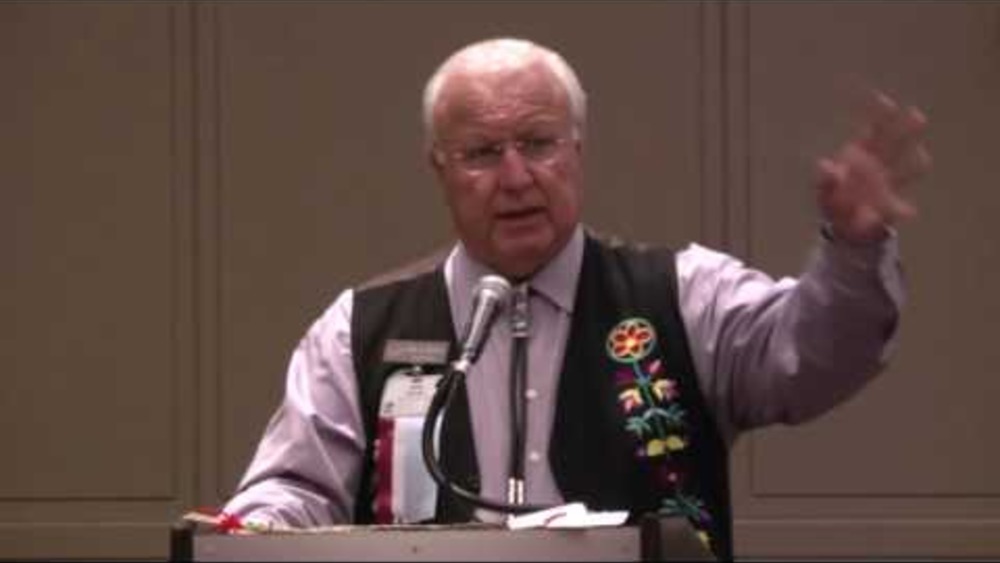
"Modern Tribal Governments, Constitutions, and Sovereignty" Session at NCAI's Annual Convention
This session, convened by NCAI at its 2014 Annual Convention, chronicled the growing movement by tribal nations to reform and strengthen their constitutions in order to reflect and preserve their distinct cultures and ways of life, more effectively address their contemporary challenges, and achieve…
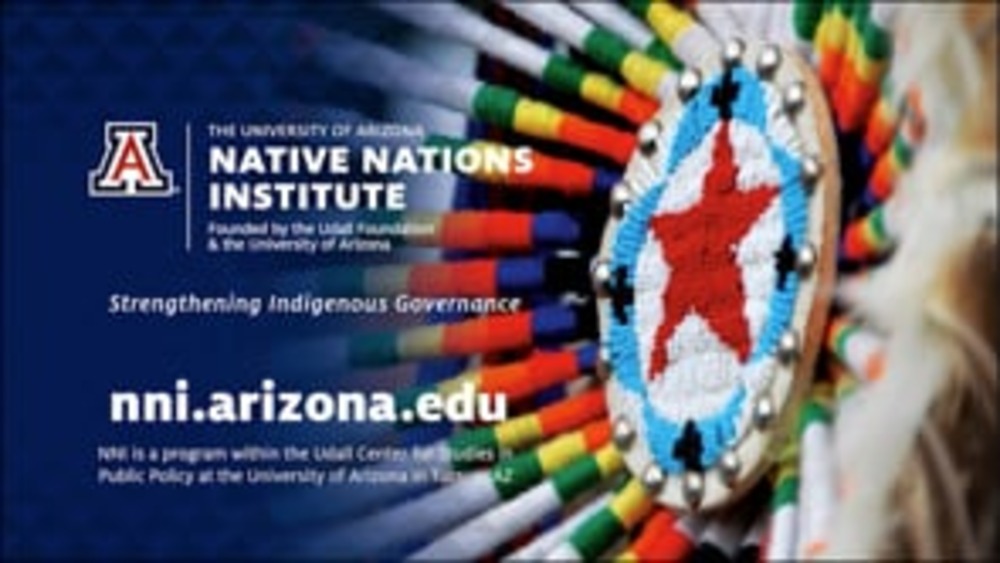
Return of the Red Lake Walleye (Ogaag bii azhe giiwewag)
The Native Nations Institute's film "Return of the Red Lake Walleye" is a 30-minute documentary that tells a compelling story of tribal sovereignty in practice. It chronicles the extraordinary effort of the Red Lake Band of Chippewa Indians -- working together with the State of Minnesota and the…
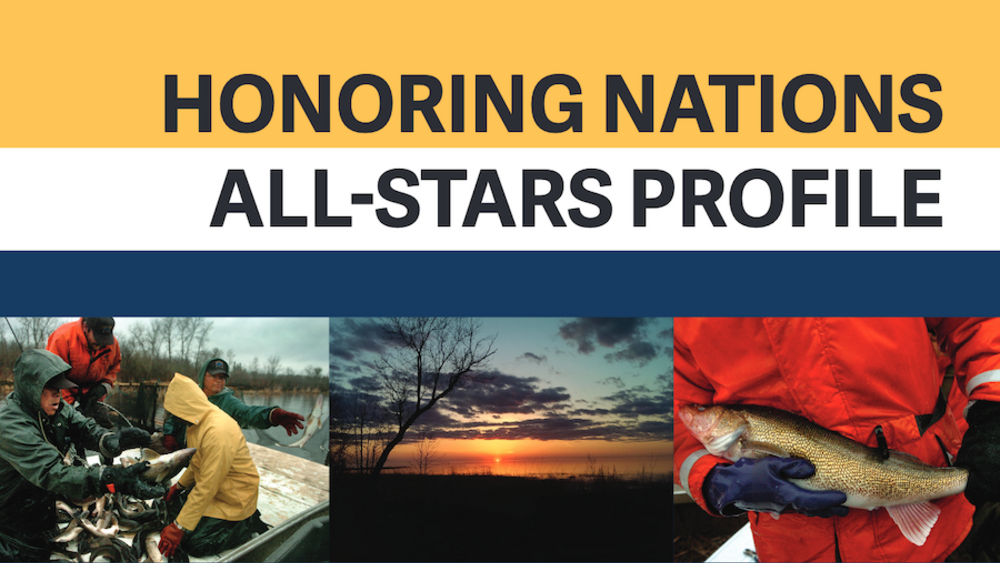
Honoring Nations All-Stars Profile: The Red Lake Walleye Recovery Program
In 1997, the members of the Red Lake Fisheries Association (RLFA), a cooperative established by com-mercial fishermen from the Red Lake Nation,1 voted to discontinue all commercial gillnet fishing on Red Lake for the upcoming season. An overwhelming majority of the RLFA’s members supported the…
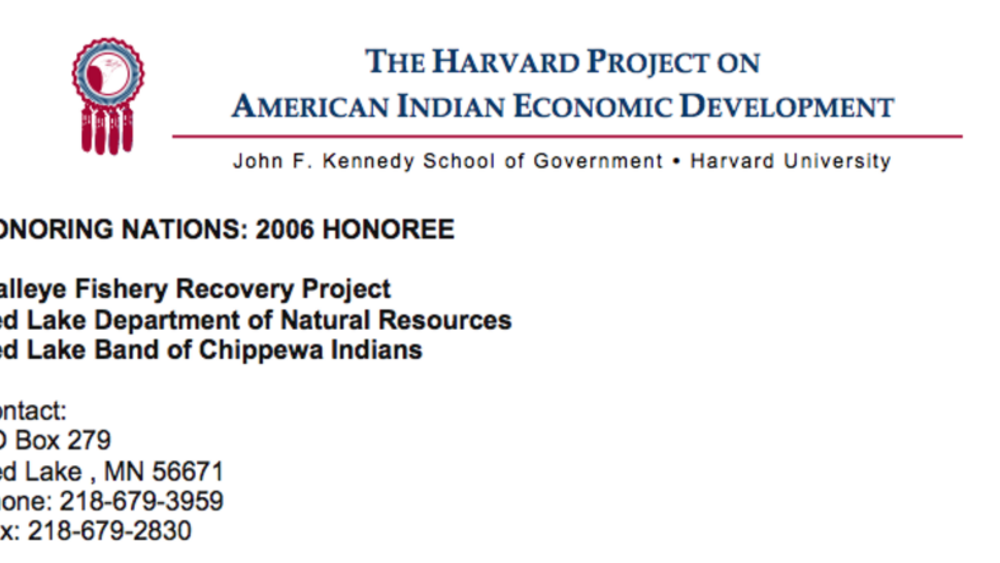
Red Lake Walleye Recovery Project
Clearly demonstrating that tribal nations not only have the ability to make large scale achievements in resource conservation, but that they can do so with unprecedented success, the Red Lake Walleye Fishery Recovery Project has brought the walleye fish population back from virtual extinction to an…
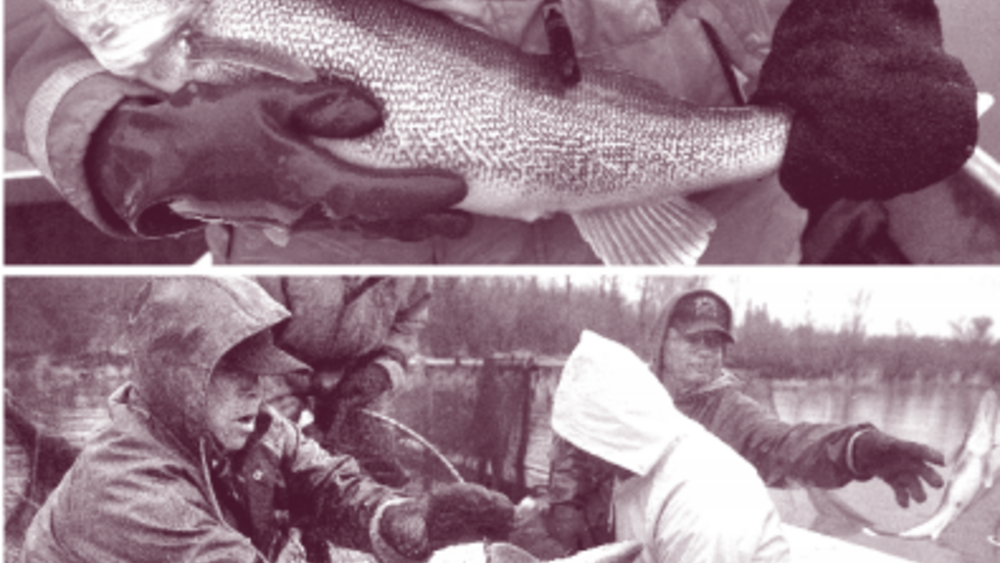
We Are the Stewards: Indigenous-Led Fisheries Innovation in North America
This paper offers an overview of the current state of Indigenous-led fisheries management in the United States and Canada. It summarizes major trends in Indigenous-led fisheries innovation in North America and presents common keys and challenges to the success of these efforts. It chronicles three…
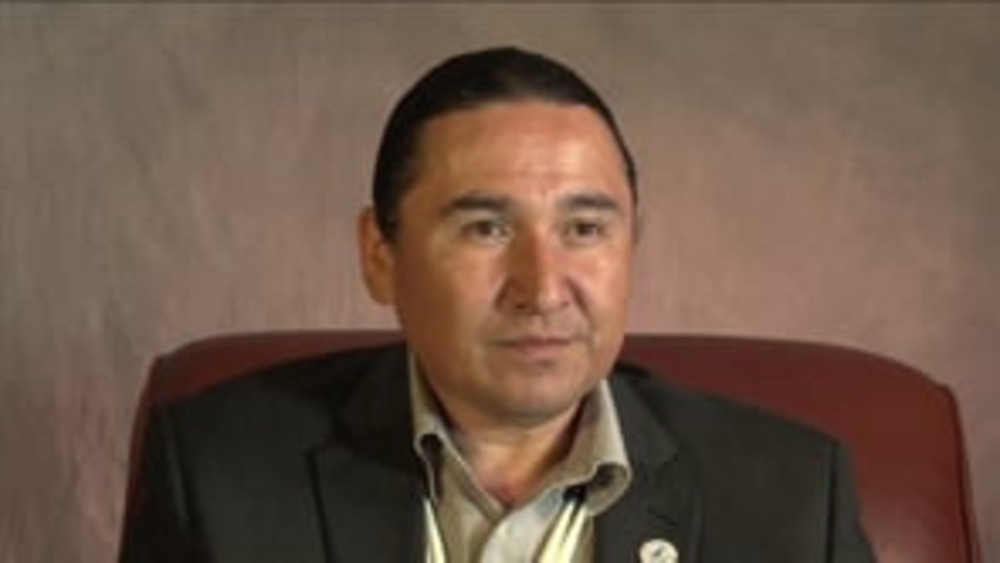
Floyd "Buck" Jourdain: Constitutional Reform and Leadership at the Red Lake Nation
Floyd "Buck" Jourdain, Chairman of the Red Lake Nation from 2004 to 2014, discusses his nation's constitutional reform effort and the supporting role he played in helping to get the effort off of the ground. He also talks about how comprehensive constitutional reform will empower his nation's…
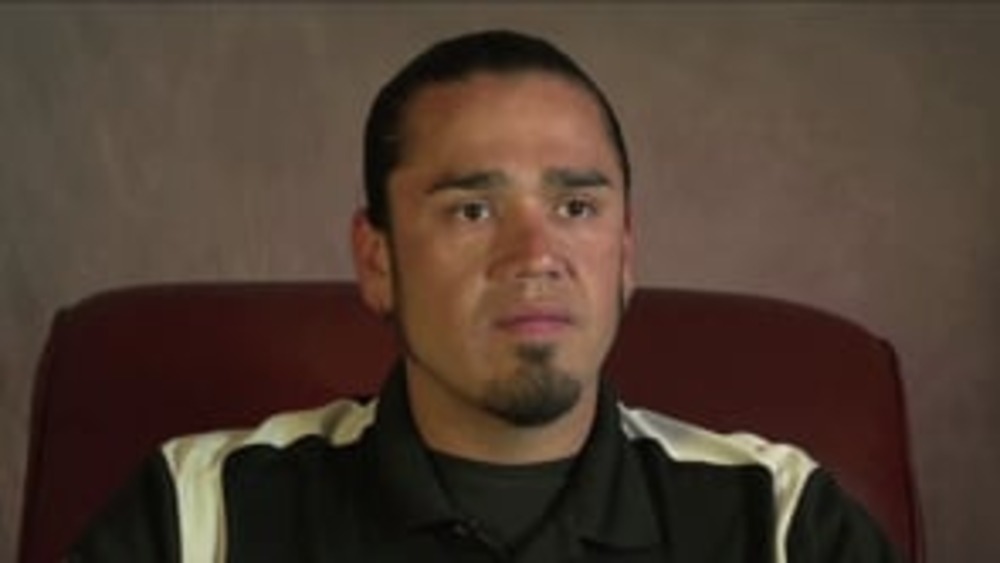
Justin Beaulieu: The Red Lake Nation's Approach to Constitutional Reform
Justin Beaulieu (Red Lake Nation), coordinator of the Red lake Nation Constitution Reform Initiative, provides a detailed overview of how the Red Lake Nation's constitution reform committee has designed and is implementing a methodical, strategic, comprehensive approach to reviewing and reforming…
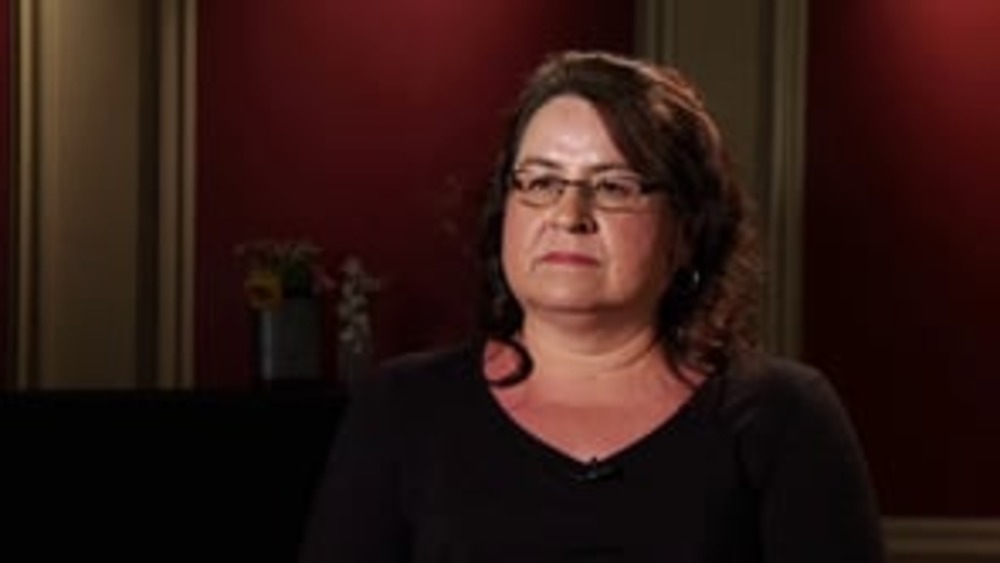
Brenda Child: The Red Lake Nation: Laying a Solid Foundation for Constitutional Reform
In this informative interview with NNI's Ian Record, Brenda Child, a member of the Red Lake Constitution Reform Initiative Committee, discusses how the Committee has worked methodically to set in place a solid foundation upon which to engage Red Lake citizens about the Red Lake constitution and…
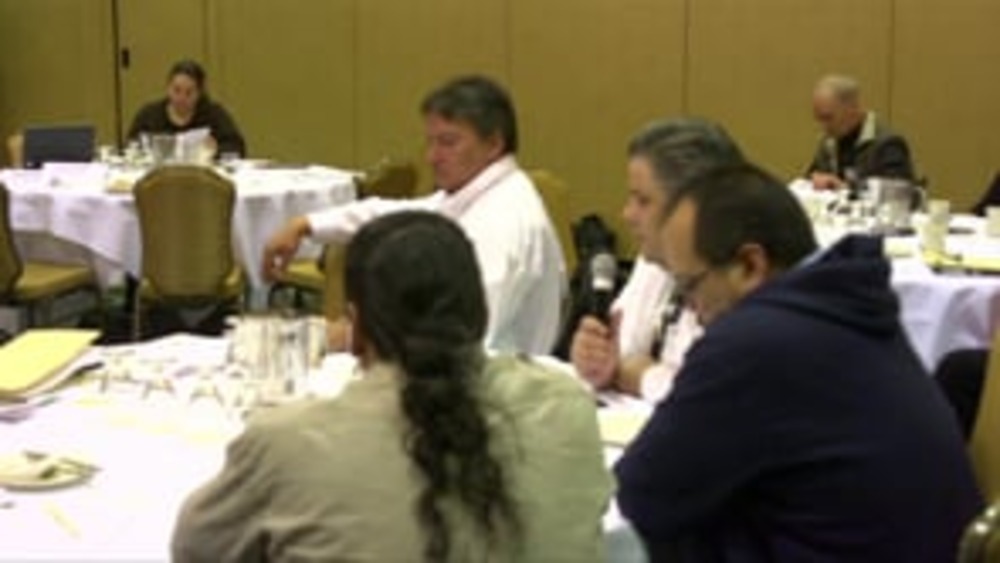
Jill Doerfler and Matthew Fletcher: Defining Citizenship: Blood Quantum vs. Descendancy (Q&A)
Panelists Jill Doerfler and Matthew Fletcher fields questions from the audience, and several participants offer their heartfelt perspectives on the complicated cultural and social dynamics surrounding citizenship and identity in their respective Native nations and communities. This video…
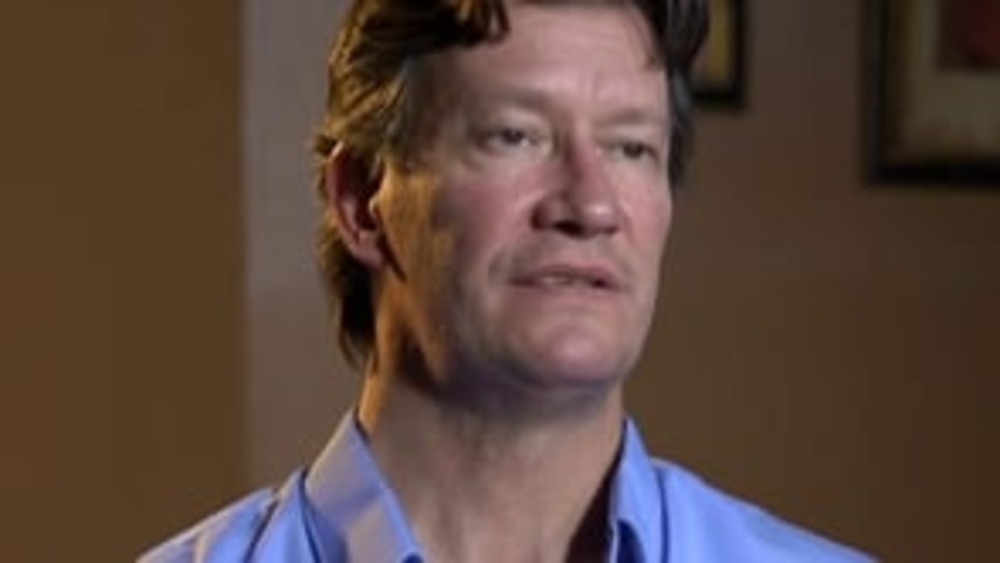
Native Leaders: The Purpose and Challenge of Redefining Citizenship
Several Native leaders share their thoughts on why their nations are deliberating potential changes to their citizenship criteria, and they discuss some of the many challenges that Native nations face in this complex area of governance.
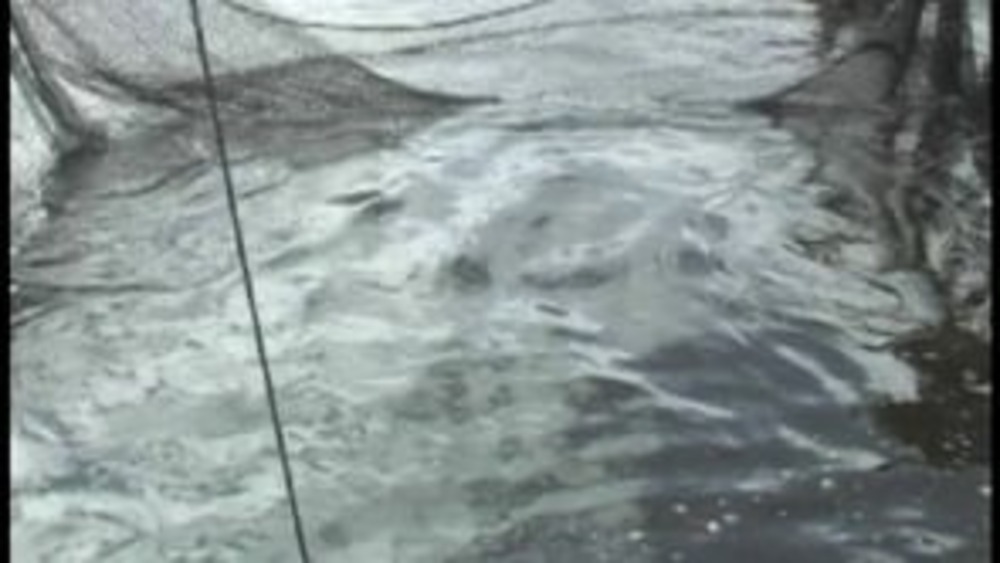
Maamakaadenbaagwad (it is amazing): The Miracle of the Walleye
This video, produced by the Red Lake Department of Natural Resources and the youth at Project Preserve, explains the history and progress of the Red Lake Walleye recovery program.
Honoring Nations: Kristi Coker-Bias and Allen Pemberton: The Citizen Potawatomi Community Development Corporation and the Red Lake Walleye Recovery Program (Q&A)
Honoring Nations symposium presenters Kristi Coker-Bias and Allen Pemberton field questions from the audience about the Citizen Potawatomi Community Development Corporation and the Red Lake Walleye Recovery Program.
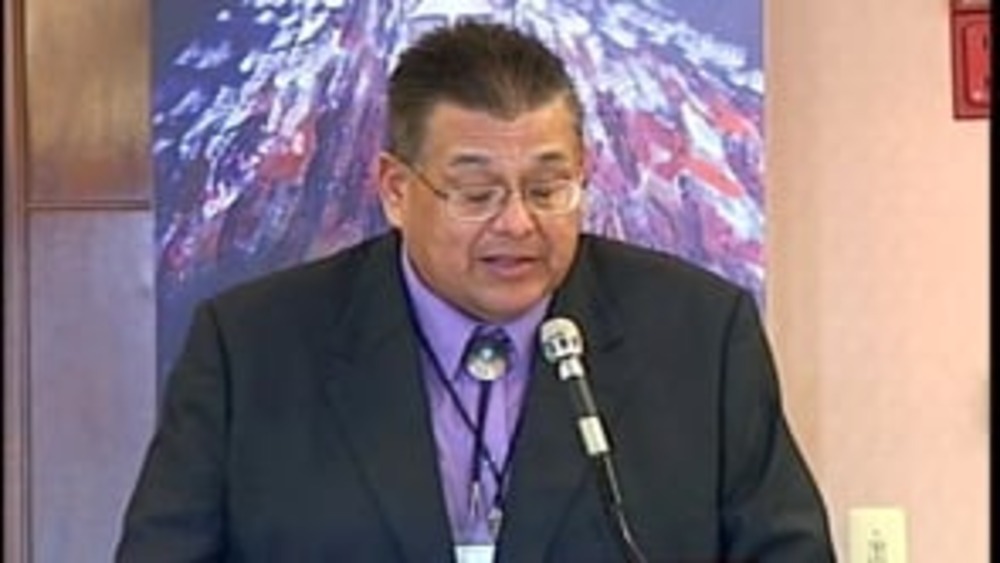
Honoring Nations: Allen Pemberton: The Red Lake Walleye Recovery Project
Red Lake Chippewa Natural Resources Director Allen Pemberton provides an overview of the Honoring Nations award-winning Red Lake Walleye Recovery Project, and illustrates how the program reflects the benefits of Native nations taking over control of their own affairs from the federal government.
Honoring Nations: Floyd "Buck" Jourdain: Sovereignty Today
Red Lake Band of Chippewa Former Chairman Floyd "Buck" Jourdain defines sovereignty as the aggressive and proactive exercise of a nation's sovereign powers, and illustrates how his nation takes this approach in advancing its own priorities and dealing with other sovereign governments.
Return of the Red Lake Walleye (trailer)
The Native Nations Institute film Return of the Red Lake Walleye chronicles the extraordinary effort of the Red Lake Band of Chippewa Indians working together with the State of Minnesota and the federal government to bring back the culturally vital walleye from the brink of extinction and restore…
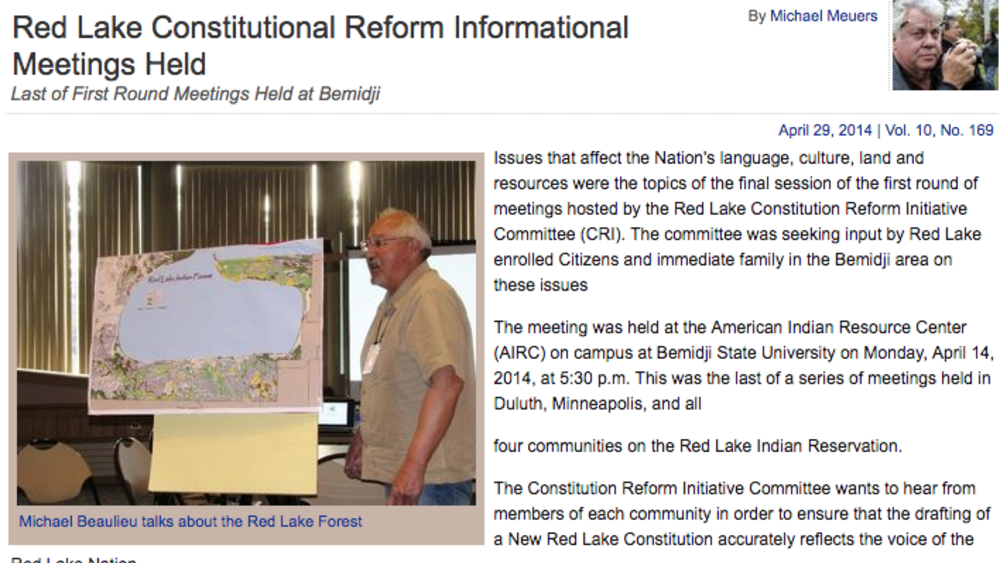
Red Lake Constitutional Reform Informational Meetings Held
Issues that affect the Nation's language, culture, land and resources were the topics of the final session of the first round of meetings hosted by the Red Lake Constitution Reform Initiative Committee (CRI). The committee was seeking input by Red Lake enrolled Citizens and immediate family in the…
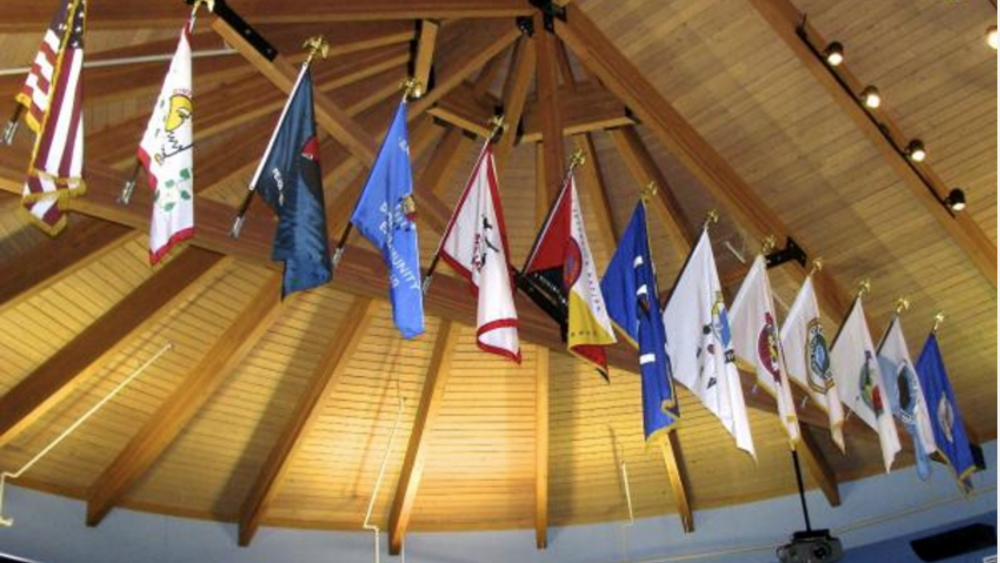
Red Lake Constitutional Reform Informational Meetings Held
The meeting at Bemidji was one leg of the second round of informational meetings conducted by the Red Lake Constitutional Reform Committee (CRC) in order to seek input and feedback from the membership regarding Constitutional Reform. Meetings are held in Duluth and the Twin Cites in addition to the…
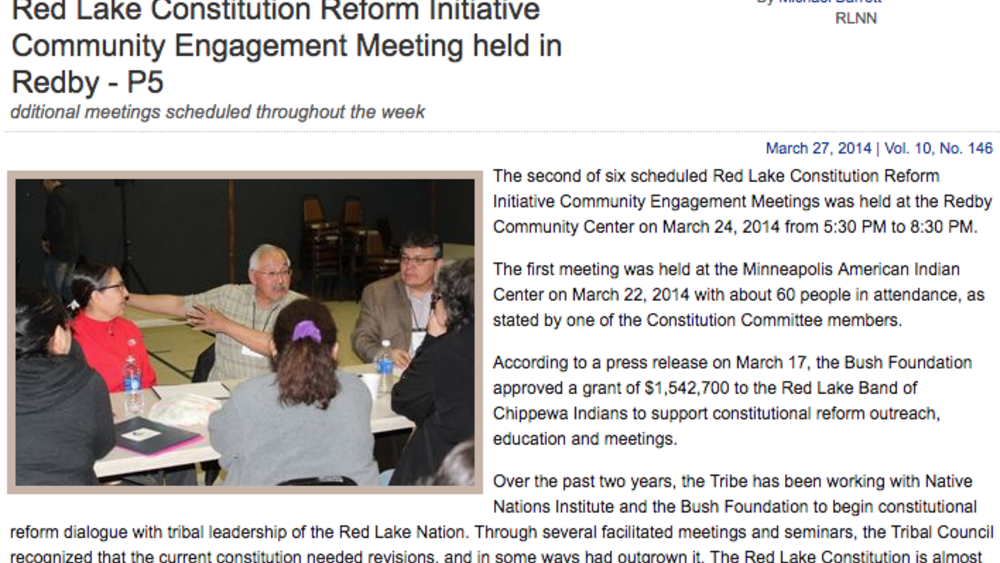
Red Lake Constitution Reform Initiative Community Engagement Meeting held in Redby
The second of six scheduled Red Lake Constitution Reform Initiative Community Engagement Meetings was held at the Redby Community Center on March 24, 2014 from 5:30 PM to 8:30 PM. The first meeting was held at the Minneapolis American Indian Center on March 22, 2014 with about 60 people in…
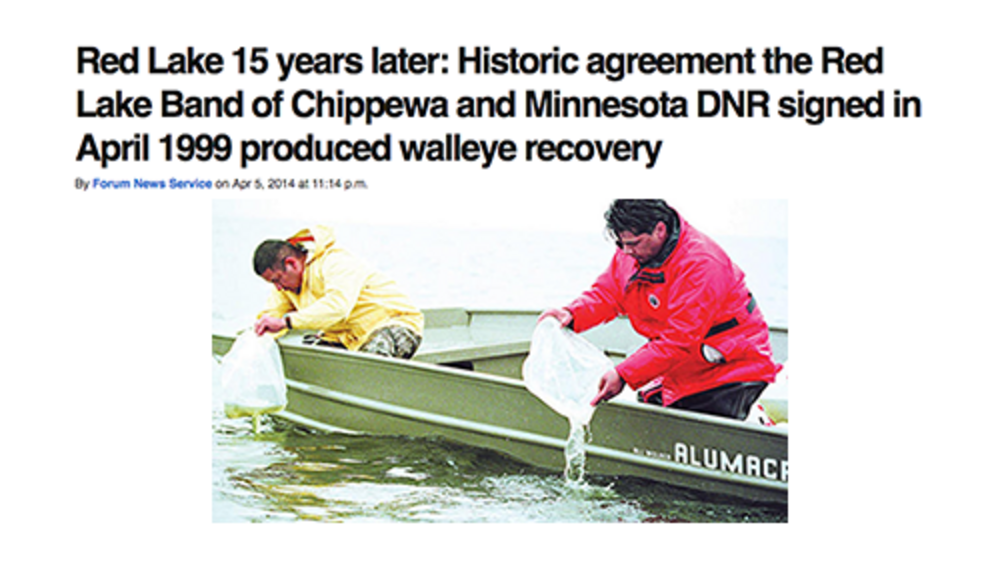
Red Lake 15 years later: Historic agreement the Red Lake Band of Chippewa and Minnesota DNR signed in April 1999 produced walleye recovery
As Al Pemberton recalls, it was about three years after the Red Lake Band of Chippewa and the Minnesota Department of Natural Resources signed an agreement to restore walleye populations in Upper and Lower Red lakes that he saw the true potential for the big lakes’ recovery. The agreement, which…
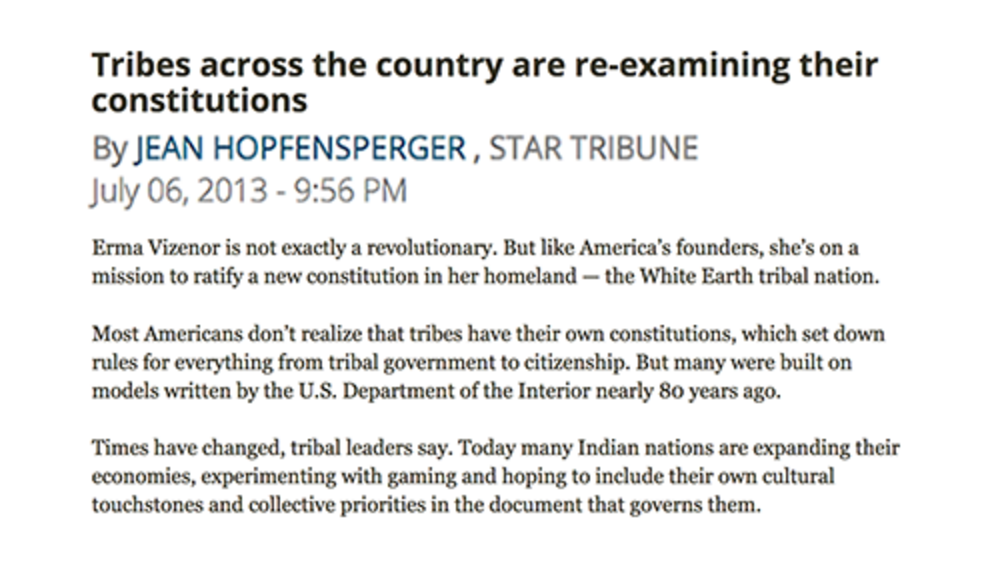
Tribes across the country are re-examining their constitutions
Erma Vizenor is not exactly a revolutionary. But like America’s founders, she’s on a mission to ratify a new constitution in her homeland – the White Earth tribal nation. Most Americans don’t realize that tribes have their own constitutions, which set down rules for everything from tribal…
